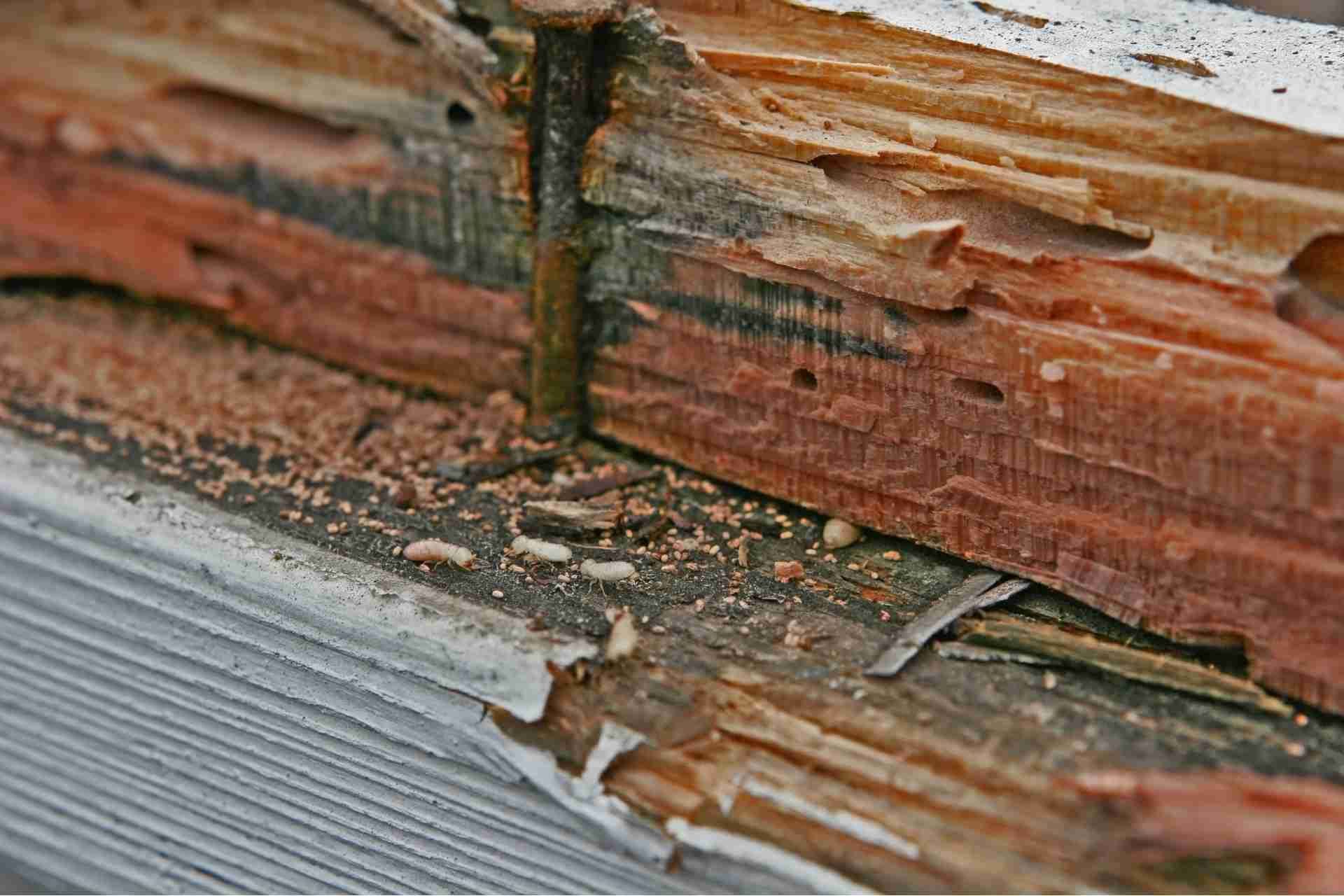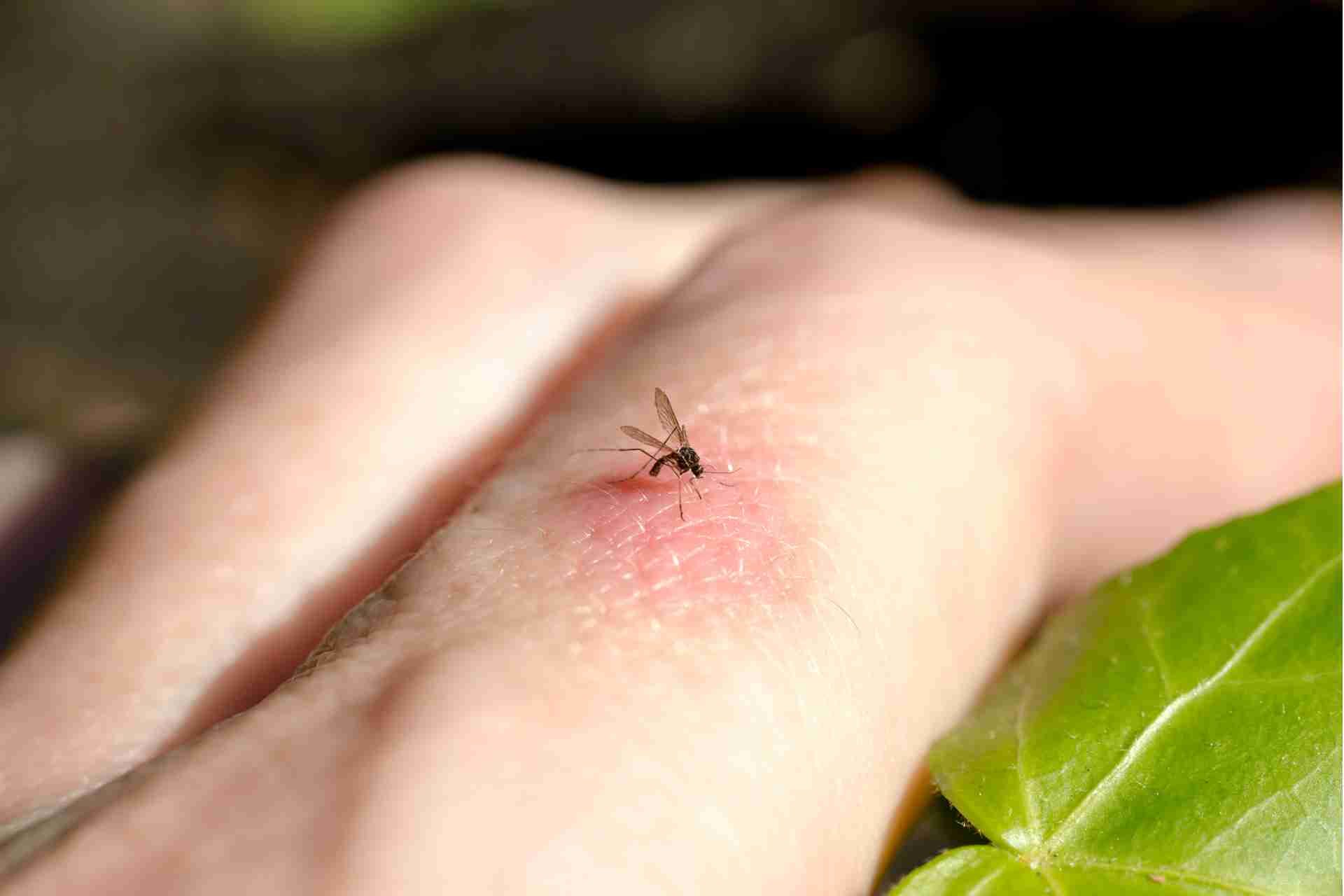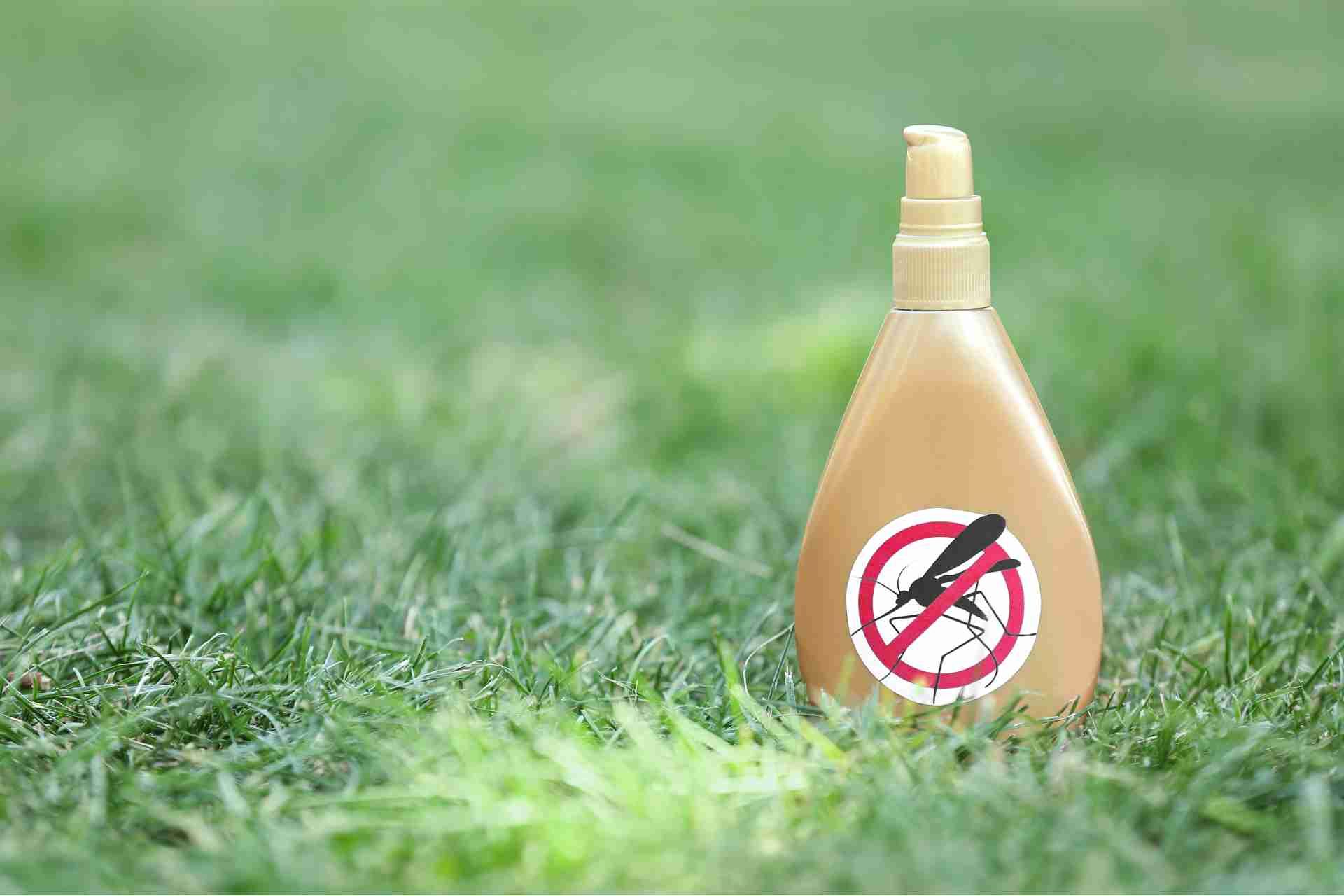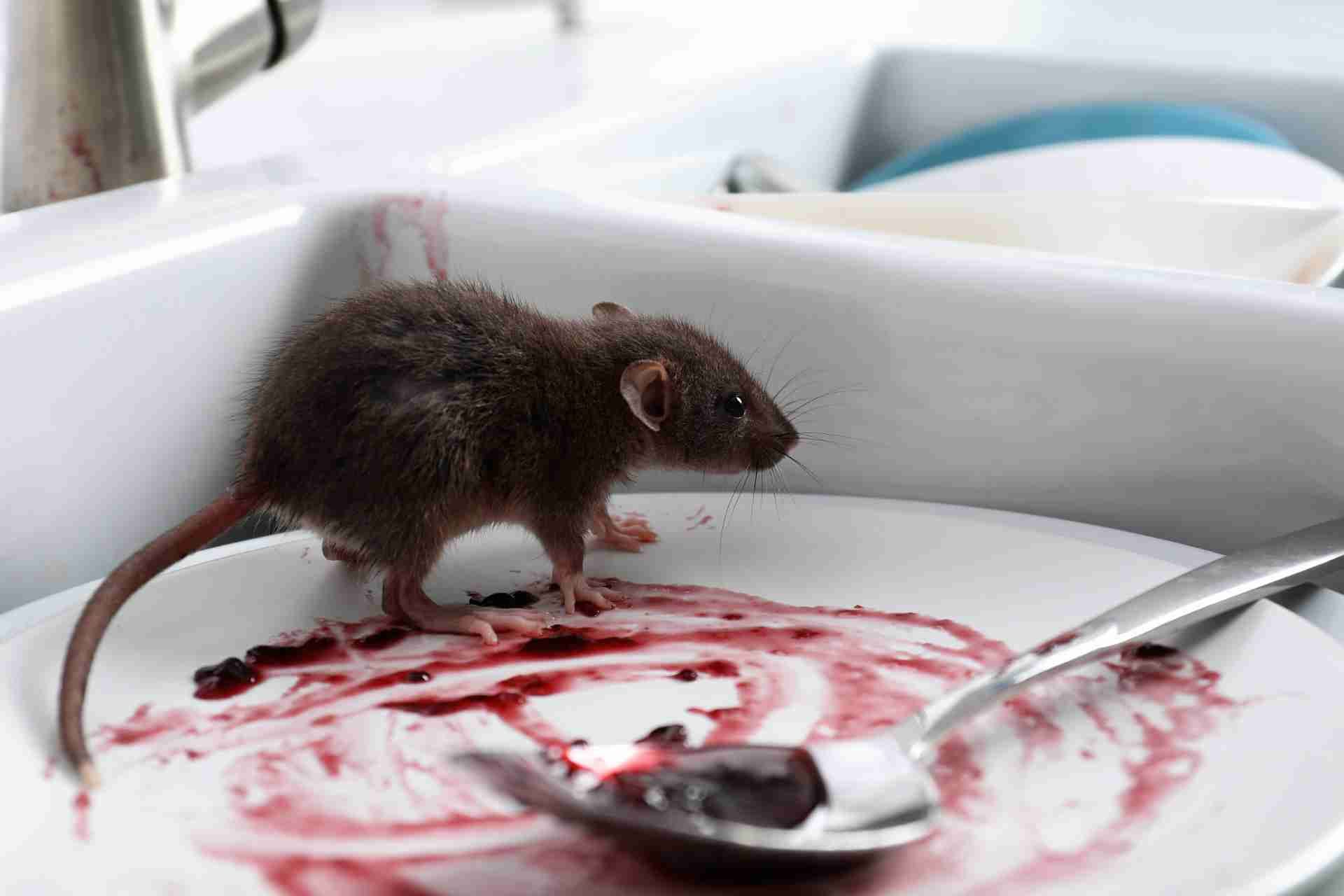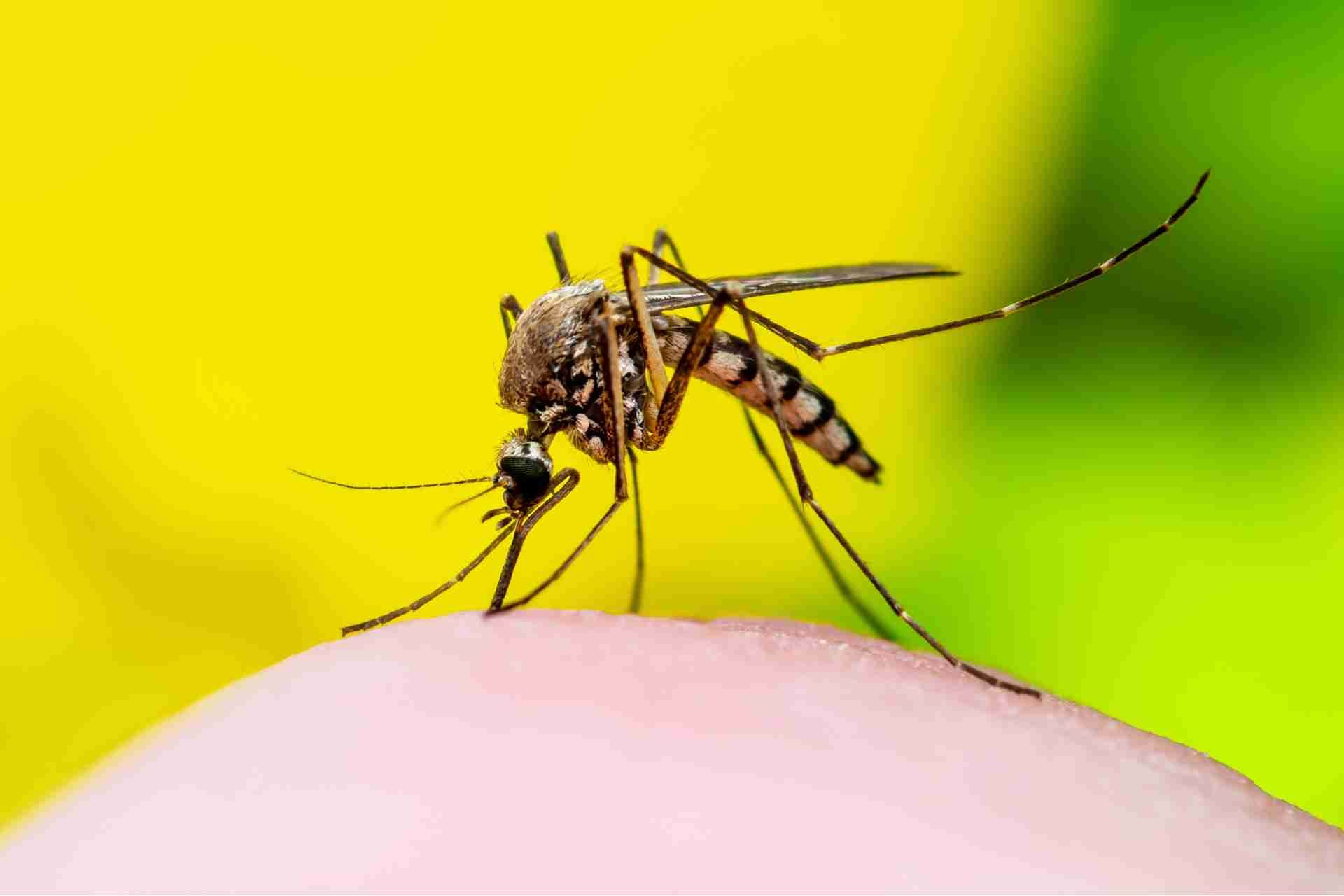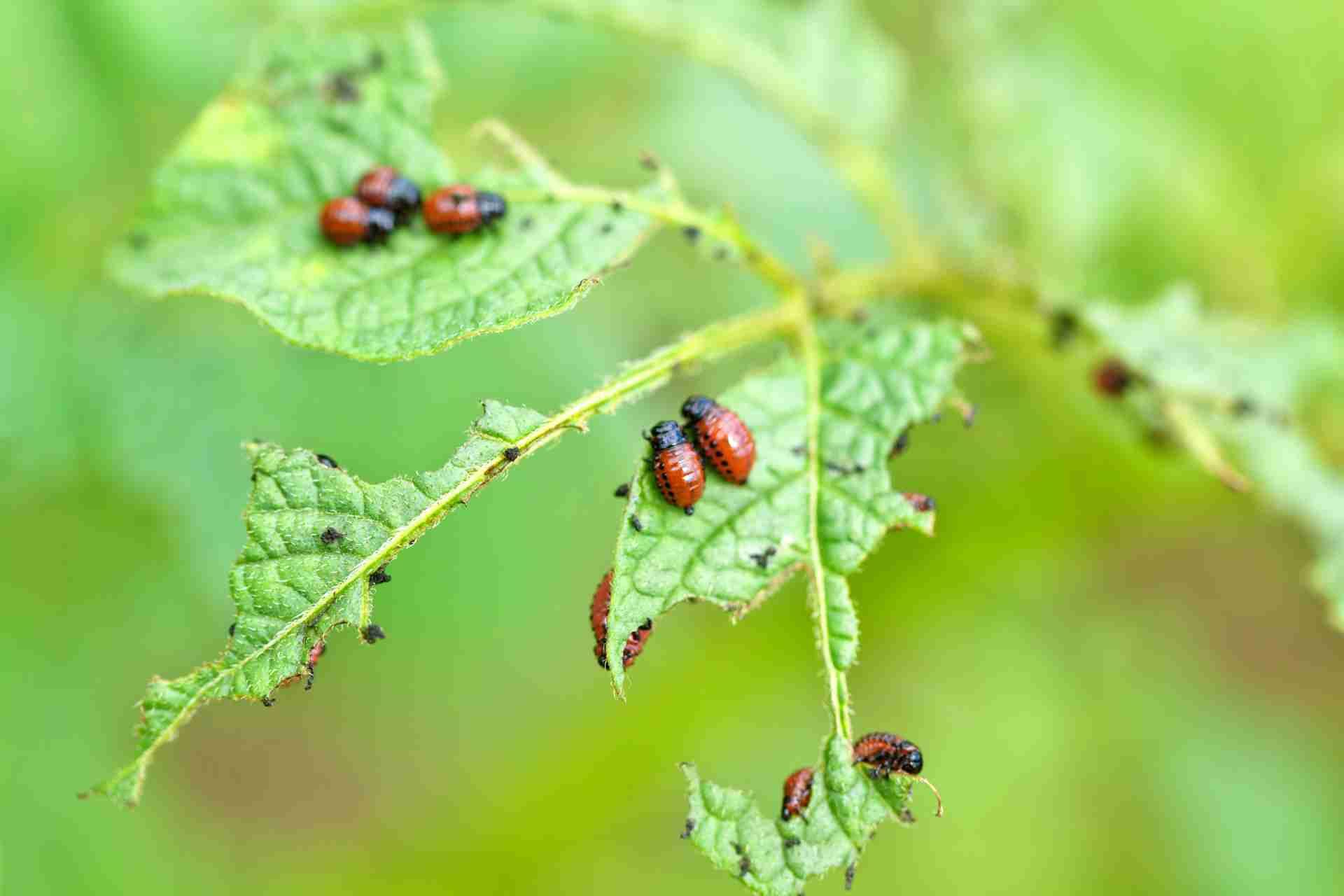Bees vs. Wasps: Know the Difference and When to Call a Pro
When you encounter buzzing insects in your garden, it’s important to know whether you’re dealing with bees or wasps. While both play vital roles in our ecosystem, their differences can impact how you interact with them. Understanding their physical traits and behaviors can help you navigate these encounters safely. But what should you do if you find a nest nearby? The answer might surprise you.
Physical Characteristics: How to Identify Bees and Wasps
When you spot a buzzing insect, it’s essential to know whether it’s a bee or a wasp.
Bees are typically rounder and fuzzier, with hairy bodies that help them collect pollen. Their colors often range from yellow to black, making them easily identifiable.
Wasps, on the other hand, are generally slimmer and have a smoother, shiny appearance. They often feature bright yellow and black stripes that give them a more aggressive look.
Additionally, bees have shorter antennae compared to wasps. When you observe their wings, bees’ wings are more robust, while wasps’ wings are longer and more delicate.
Recognizing these physical characteristics can help you determine which insect you’re dealing with, ensuring you take the right precautions.
Behavioral Differences: Understanding Their Habits
While both bees and wasps play vital roles in the ecosystem, their behaviors differ significantly. Bees are generally more docile and focused on collecting nectar and pollen, while wasps tend to be more aggressive, especially when they feel threatened. You’ll notice that bees often work in harmony within their colonies, whereas wasps can be solitary or social, depending on the species. Understanding these differences can help you navigate interactions with either insect.
Behavior Bees Wasps
|---------------|------------------------------|------------------------------|
Aggression Generally docile More aggressive
| Social Structure | Primarily live in colonies | Can be solitary or social |
Feeding Habits Collect nectar and pollen Predatory or scavengers
Nesting Preferences: Where to Find Bees and Wasps
Nesting preferences vary greatly between bees and wasps, making it essential to know where to look for each.
Bees typically favor protected areas, often building nests in:
1. Hollow Trees or Logs: Many solitary bees make their homes in natural cavities.
2. Underground Burrows: Some ground-nesting bees dig into the soil, which can be surprising if you’re not aware.
3. Human Structures: Honeybees might occupy attics, walls, or other sheltered spots near human activity.
In contrast, wasps often construct their nests in more exposed locations, such as:
1. Eaves of Roofs: They prefer areas high off the ground.
2. Shrubs and Trees: Look for paper-like nests hanging from branches.
3. Open Fields: Some wasps build nests in the ground or in grassy areas.
Knowing these preferences helps you identify and address any potential issues effectively.
Importance in the Ecosystem: The Roles They Play
Bees and wasps play crucial roles in our ecosystems, contributing to biodiversity and the health of our environment.
Bees are essential pollinators, helping plants reproduce by transferring pollen, which results in fruits and seeds. This process supports food production and provides habitat for countless species.
Wasps, on the other hand, act as natural pest controllers. They hunt and feed on various insects, keeping populations in check and maintaining balance in the ecosystem.
Both groups also serve as food sources for birds and other animals, highlighting their importance in the food chain.
When to Seek Professional Help: Safety Considerations
Understanding the roles of bees and wasps in our ecosystems is important, but knowing when to seek professional help is just as vital for your safety.
If you encounter a nest or swarm, consider these key points:
1. Allergies: If you or someone nearby has a known allergy to stings, it’s crucial to call a pro immediately.
2. Location: If the nest is in a high-traffic area like your porch or near children, it’s safer to let experts handle it.
3. Size: If the nest is larger than a basketball or you see aggressive behavior, don’t hesitate to contact a pest control service.
Conclusion
In conclusion, knowing the differences between bees and wasps can keep you safe and help you appreciate these important creatures. Remember, bees are fuzzy and focused on pollination, while wasps are slim and more aggressive. If you spot a large nest or face aggressive behavior, don’t hesitate to call a professional. By understanding their roles in the ecosystem, you can coexist peacefully with these insects and contribute to their vital work in nature.


